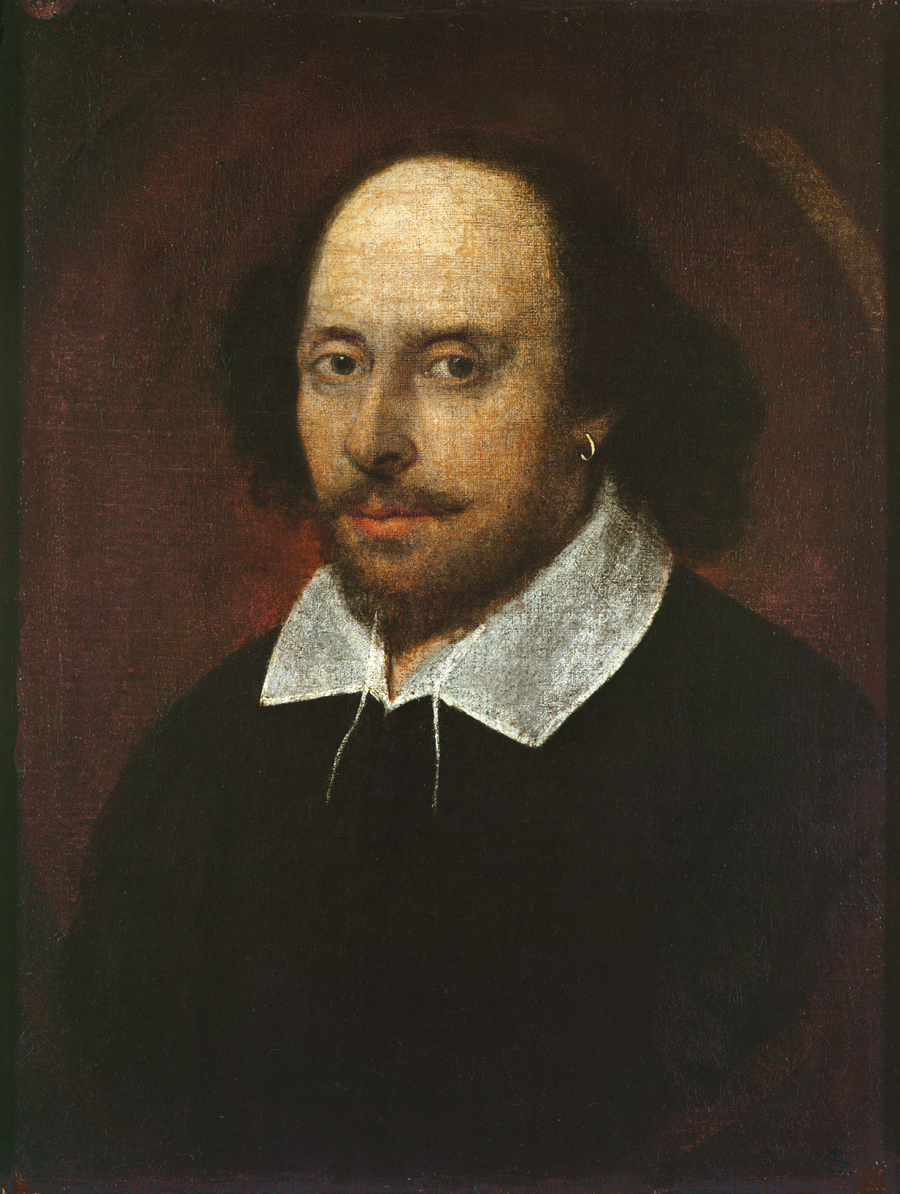Measure for Measure is a five-act play by the English dramatist William Shakespeare. It was written during the third period of his artistic development, when he produced his great tragedies, such as Macbeth and Hamlet. The play received its first performance about 1604. It was not published until 1623.

Although classed among Shakespeare’s comedies, Measure for Measure is in many respects a dark play. Like All’s Well That Ends Well, it cannot easily be categorized as a comedy, tragedy, or romance, because of its uncomfortable mixture of tragic and comic elements. As a result, critics have called it one of Shakespeare’s “problem plays” or “problem comedies.” Its main source is Promos and Cassandra (1578), a play by the English dramatist George Whetstone.
The play is set in Vienna. Vincentio, Duke of Vienna, on the pretext of making an urgent journey to Poland, turns over the affairs of the city to Angelo, his stern deputy, and Escalus, a wise old nobleman. Angelo, a man of apparently strong moral virtue, proceeds to enforce laws against sexual license that have not been upheld for some years. In one of his first acts, Angelo sentences the young gentleman Claudio to death for making Julietta, his fiancee, pregnant. Claudio’s sister, a young nun named Isabella, is urged by Claudio’s friend Lucio to plead with Angelo for Claudio’s life. Overcome by both her entreaties and her beauty, Angelo agrees to save Claudio, but only if she will become his mistress. Isabella refuses, preferring to let her brother die rather than yield her honor.
Meanwhile, the duke, who has not left the city, has disguised himself as a friar and has visited Claudio in prison to comfort him. The duke now works out a plan to save Claudio. He gets Isabella to agree to a midnight meeting with Angelo but substitutes for her another woman named Marianna, Angelo’s former fiancee. Marianna is still in love with Angelo. The deception of Angelo succeeds, but he fails to keep his promise to pardon Claudio. After much intrigue and plotting, Claudio’s execution is faked and he is saved, Isabella keeps her virtue, and Angelo’s wicked deeds are exposed. Both Isabella and Mariana plead for Angelo’s life, and the duke spares him. Angelo marries Mariana, Lucio marries a prostitute, and the duke appears to propose marriage to Isabella, who presumably will break her nun’s vows.
Many critics have objected to the happy ending of Measure for Measure. They consider it false to the spirit of the play. The first part of the play is serious, almost tragic. The latter part becomes a typical romantic intrigue. This lack of artistic unity creates problems. The first part of the play, for example, seriously raises questions about the nature of justice and the use and abuse of power. But these questions seem to be answered too lightly at the play’s end. In spite of its flaws, however, Measure for Measure has many excellent features. Shakespeare drew the characters of Angelo and Isabella with keen understanding. He also included much broad comedy that is highly effective. In addition, his dramatic poetry at times equals that of the best in his tragedies.
